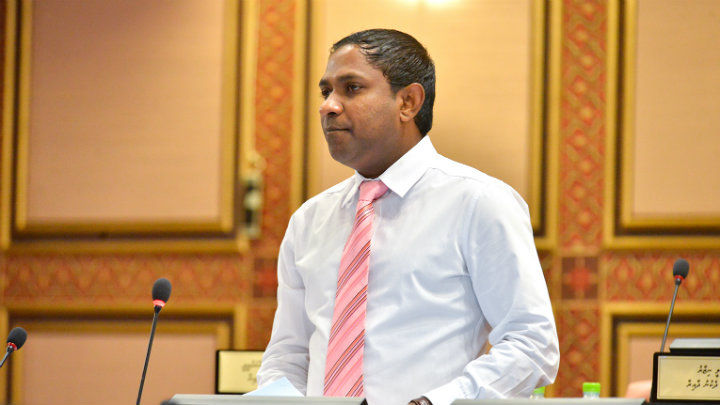Majlis votes to keep list of designated terror groups secret
The new law states that the home minister must compile a “positive list” comprising of organisations that Maldivians are permitted to join. An individual who wants to join or promote an unlisted group has to seek permission from the home ministry.

16 Mar 2016, 09:00
The parliament voted today to amend provisions in the new anti-terror act requiring the president to make public a list of organisations linked to terrorism.
The list of designated terror groups will now be known only to the national security council and the Maldives National Defence Forces.
Some 43 MPs of the ruling coalition voted in favour, while 16 voted no.
The new law states that the home minister must compile a “positive list” comprising of organisations that Maldivians are permitted to join. These include international bodies the government is party to and NGOs registered in the Maldives.
Become a member
Get full access to our archive and personalise your experience.
Already a member?
Discussion
No comments yet. Be the first to share your thoughts!
No comments yet. Be the first to join the conversation!
Join the Conversation
Sign in to share your thoughts under an alias and take part in the discussion. Independent journalism thrives on open, respectful debate — your voice matters.




